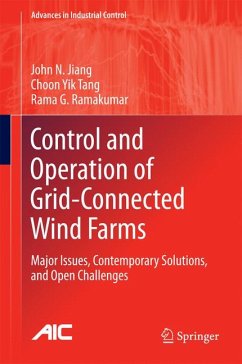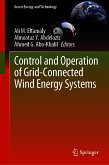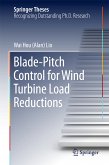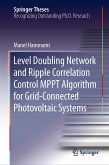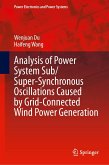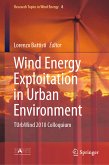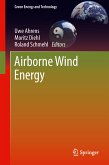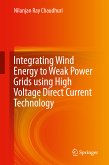At the individual-turbine level, a nonlinear controller based on feedback linearization, uncertainty estimation and gradient-based optimization is shown robustly to control both active and reactive power outputs of variable-speed turbines with doubly-fed induction generators. Heuristic coordination of the output of a wind farm, represented by a single equivalent turbine with energy storage to optimize and smooth the active power output is presented.
A generic approximate model of wind turbine control developed using system identification techniques is proposed to advance research and facilitate the treatment of control issues at the wind-farm level. A supervisory wind-farm controller is then introduced with a view to maximizing and regulating active power output under normal operating conditions and unusual contingencies. This helps to make the individual turbines cooperate in such as way that the overall output of the farm accurately tracks a reference and/or is statistically as smooth as possible to improve grid reliability.
The text concludes with an overall discussion of the promise of advanced wind-farm control techniques in making wind an economic energy source and beneficial influence on grid performance. The challenges that warrant further research are succinctly enumerated.
Control and Operation of Grid-Connected Wind Farms is primarily intended for researchers from a systems and control background wishing to apply their expertise to the area of wind-energy generation. At the same time, coverage of contemporary solutions to fundamental operational problems will benefit power/energy engineers endeavoring to promote wind as a reliable and clean source of electrical power.
Advances in Industrial Control aims to report and encourage the transfer of technology in control engineering. The rapid development of control technology has an impact on all areas of the control discipline. The series offers an opportunity for researchers to present an extended exposition of new work in all aspects of industrial control.
Dieser Download kann aus rechtlichen Gründen nur mit Rechnungsadresse in A, B, BG, CY, CZ, D, DK, EW, E, FIN, F, GR, HR, H, IRL, I, LT, L, LR, M, NL, PL, P, R, S, SLO, SK ausgeliefert werden.

